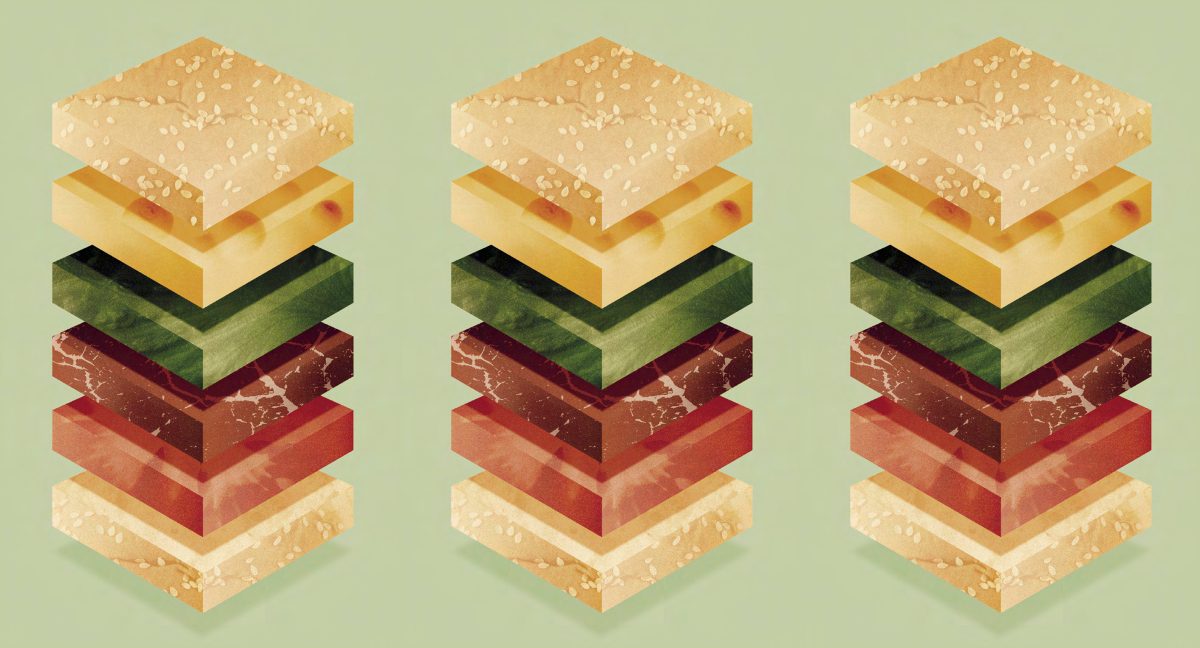French Cheese To Japanese Apples, How Global Warming Will Change The Flavor Of Food
One of the collateral damages of the climate emergency that we may not think about is how flavors will be altered. We will notice the tastes of wine and beer, coffee, cheese and even seafood are already beginning to change.
Article

Article
The consequences of climate change are revealing themselves across our lives and societies. Some are immediately visible, such as drought and water access. Others are less apparent.
One effect we can’t see, we can taste instead: the flavors of food as we’ve known them are put at risk by global warming. As temperatures change and seasons are disrupted, so too are the growth and ripening processes of products. Their conditions change, and with that, so does what our taste buds perceive.
For French cheese producers, this issue is already causing concern. Cheese is one of the gastronomic products most important to France’s culture. There are many types, each with very different flavors, and they are strongly connected to their places of origin. But what happens when the conditions in which these cheeses are born change? The question is not just rhetorical. Meeting the conditions required by the origin denominations of cheeses could become impossible.
Changing systems
As Simon Bouchet of the Picadon association explained toThe New York Times, the entire food production system was built around an agricultural cycle linked to climatic patters, and if goats and cows do not feed the same way as before, their milk will not be the same as in the past: the flavor of the cheese will be altered.
Changes in temperatures are affecting the global coffee market, putting coffee-growing regions at risk
French cheese is not alone. Changes in temperatures are affecting the global coffee market, putting coffee-growing regions at risk. By 2050, half of the coffee-growing regions will have ceased to be fruitful, and the varieties of coffee cultivated will change.
The coffee industry is experimenting with new types to see if they are more resistant to the new conditions. This will alter the bouquet or aroma of your cup of coffee: in the end, the raw material is different – but even if the same types of varieties continue to be used, things could change.
According to a study by researchers from Tufts University and Montana State University, aroma and flavor changes as coffee cultivation altitudes are modified (producers are increasing the altitude of their plantations to escape rising temperatures) and the amount of light the plants receive. In addition, many coffee varieties could disappear, with 60% of wild species being endangered.
Beer, wine, apples and seafood
The flavor of beer is also in danger. As European summers have become longer, drier and warmer, hop crops are being affected. Production decreases, prices rise — and the taste changes. That bitter touch they offer is diminishing, altering the flavor of the resulting beverage.
Grapes are maturing earlier, resulting in wines with higher alcohol content due to increased sugar levels
A similar situation is occurring with wine, which is similar to cheese. Designations of origin are connected to grape varieties and flavors. As researcher Gabriella M. Petrick points out, what separates a Bordeaux from a Californian Cabernet is the flavor, «and a lot of it has to do with the climate».
Not only are grape crops lost due to excessive heat, but grapes are maturing earlier, resulting in wines with higher alcohol content due to increased sugar levels. These are also flavor notes associated with lower-quality wines, complicating things for the industry even further. Climate change is also enabling regions where grape cultivation was previously impossible, such as England, to start producing wine.
Even Apples have begun changing, as demonstrated by a study from the National Agriculture and Food Research Organization in Japan, which compared them with those from the 1970s and found differences in flavor and texture. They are now less firm, less acidic, and with more watery cores.
This aligns with the findings of a previous Australian study, that concluded that the effects of the climate emergency would be noticeable in some vegetables, fruits, and seafood in terms of flavor and texture. Bitterer tastes, less appealing shapes, or reduced blooming were among the projections for the future.
This content is part of a collaboration agreement of ‘WorldCrunch’, with the magazine ‘Ethic’. Read the original at this link.






